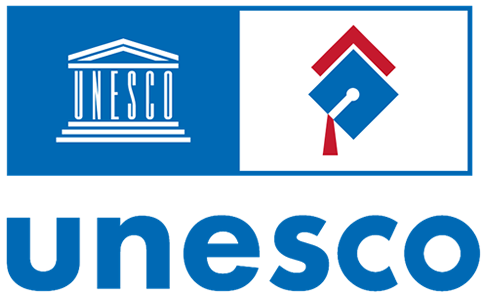Estratégias de comunicação acadêmica nas universidades da América Latina que fazem uso intensivo da pesquisa
Resumo
As universidades dedicadas a produzir pesquisa de alta qualidade existem há séculos na América Latina, mas somente nas últimas duas décadas o modelo de pesquisa intensiva tornou-se o padrão para a maioria das universidades públicas da região. A crescente ênfase na publicação acadêmica na região coincidiu com o avanço da internet e o surgimento e crescimento do movimento de acesso aberto (OA). Como a OA tem sido entendida e incorporada nas práticas de publicação de acadêmicos em universidades com uso intensivo de pesquisa; 2. Como a OA tem sido entendida e incorporada nas práticas dos sistemas nacionais de pesquisa e desenvolvimento (P&D); e 3. Como podemos entender a dinâmica de convergência entre o crescimento da pesquisa e o crescimento da OA na região. Verificamos que a inclusão da SciELO e da RedALyC nos sistemas de avaliação das universidades intensivas em pesquisa e nos sistemas nacionais de P&D deu predominância à OA na região. Embora seja impossível determinar a relação direta entre essas iniciativas de OA (e tecnologias associadas) sobre a quantidade e a qualidade da pesquisa na América Latina, concluímos que elas têm sido um mecanismo de apoio para pesquisadores, universidades e sistemas nacionais de inovação.
Direitos de Autor (c) 2012 Revista Educação Superior e Sociedade

This work is licensed under a Creative Commons Attribution-NonCommercial 4.0 International License.
Aviso de direitos autorais
Os direitos autorais permitem a proteção do material original e impedem o uso do trabalho de outras pessoas sem permissão. O IESALC da UNESCO adere às licenças Creative Commons na publicação de acesso aberto da ESS. Especificamente, os textos publicados nesta revista estão sujeitos a uma licença Creative Commons Attribution-NonCommercial 4.0 International (CC BY-NC 4.0): A ESS é uma revista de acesso aberto, o que significa que todo o conteúdo está disponível gratuitamente para o usuário ou sua instituição. Os usuários podem ler, fazer download, copiar, distribuir, imprimir, pesquisar ou criar links para o texto completo dos artigos, ou usá-los para qualquer outra finalidade legal, sem solicitar permissão prévia da editora ou do autor; sempre certificando-se de citar o autor. O uso comercial não é permitido. A ESS exige que os autores aceitem o Aviso de Direitos Autorais como parte do processo de submissão. Os autores retêm todos os direitos.
A licença completa pode ser encontrada em https://creativecommons.org/licenses/by-nc/4.0/
![]() Atribuição — Não-Comercial (CC BY-NC 4.0)
Atribuição — Não-Comercial (CC BY-NC 4.0)
Esta revista não cobra dos autores pela submissão ou processamento dos artigos. Os autores das contribuições receberão um aviso de recebimento de que o trabalho chegou à equipe editorial da Revista.




.png)
